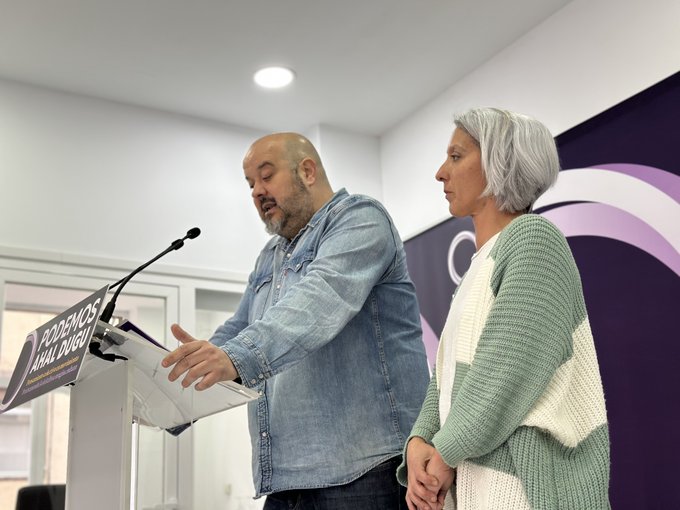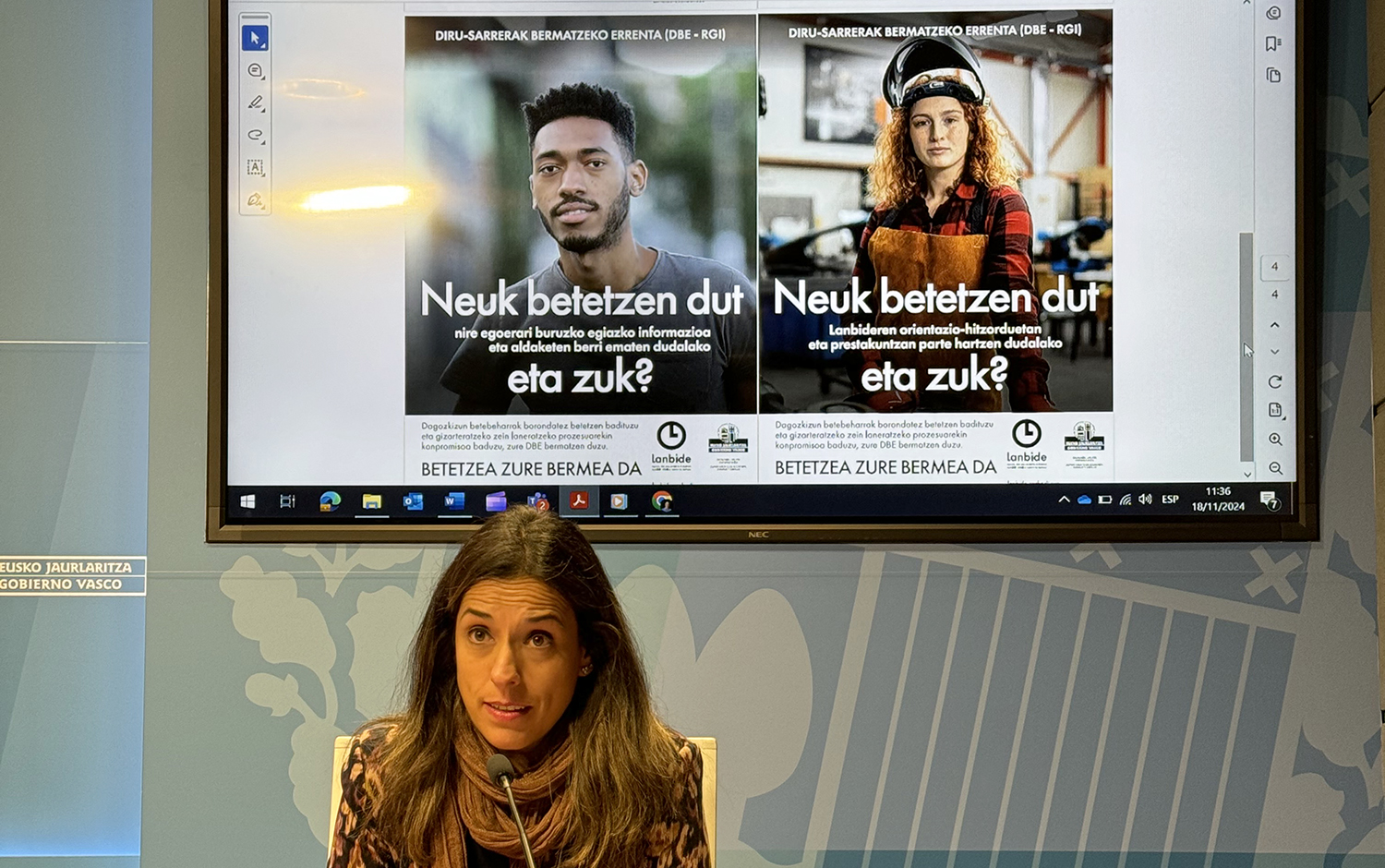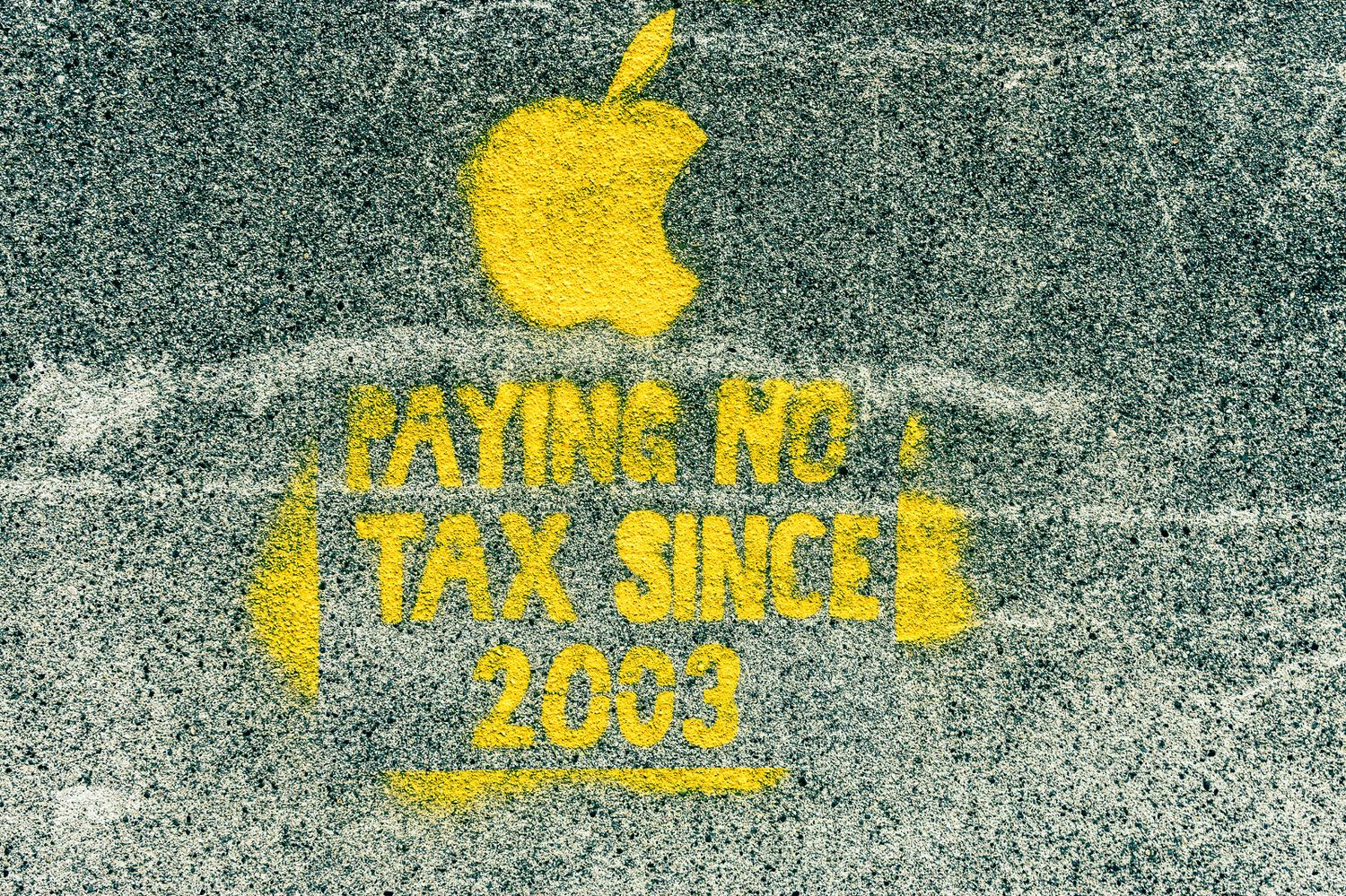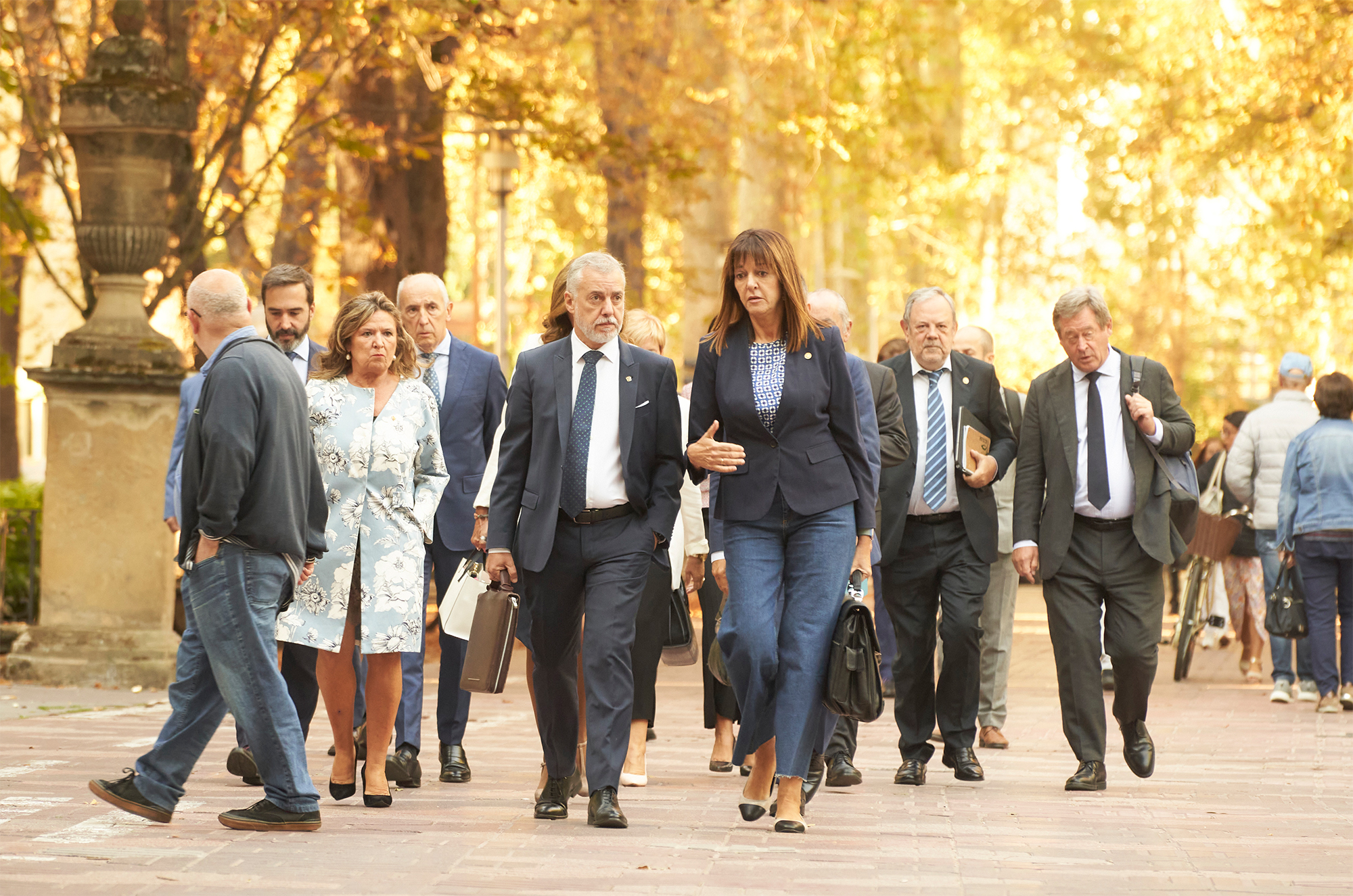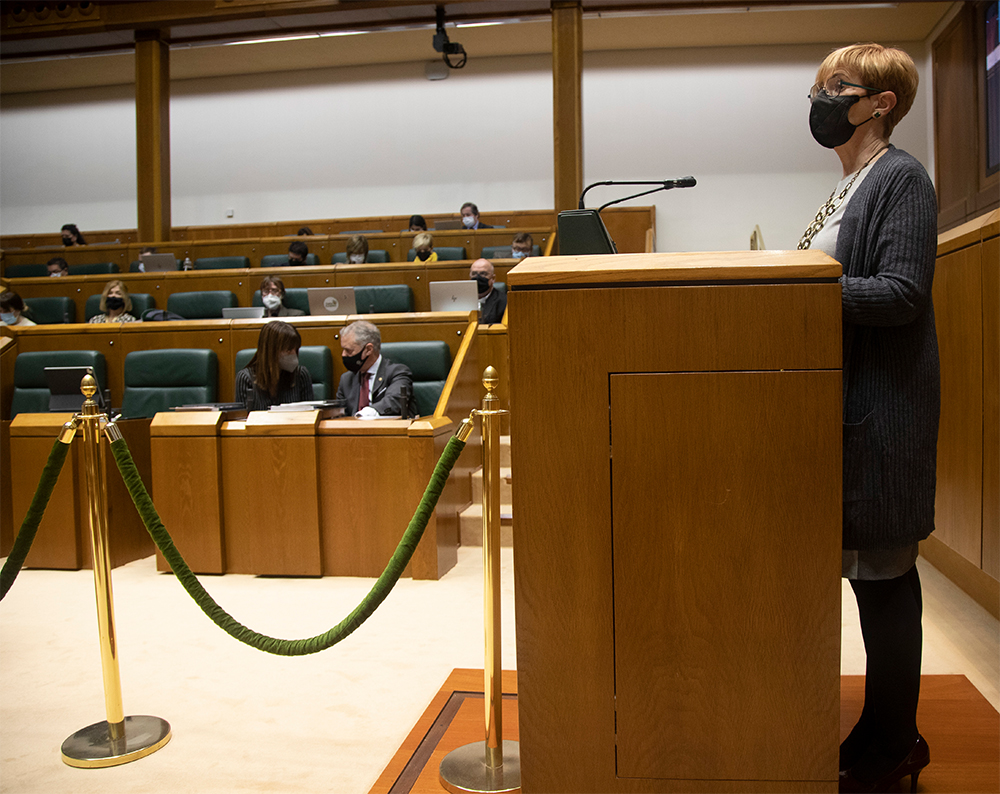The neoliberal Europe of 2024 has a northern austerity policy of Schäuble
- The Ecofin Council of the European Union’s Finance and Finance Ministers has given us stricter tax rules in the new year. The return of austerity policies will result in a change of direction after the pandemic and a further reduction in public investment and cuts by countries, on the road imposed by new German minister Wolfgang Schäuble with the 2008 crisis. Another missed opportunity to fundamentally change the system.
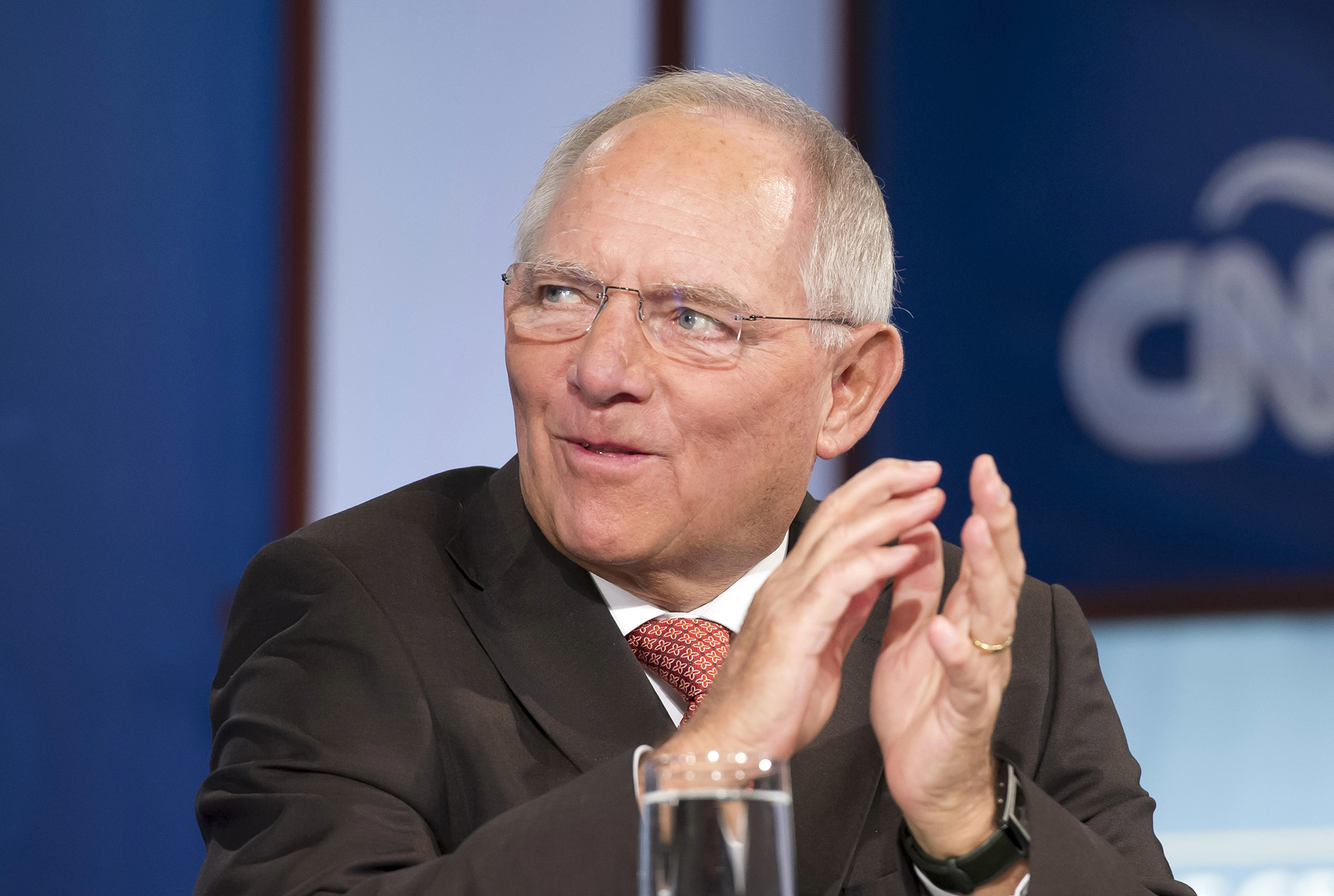
Berlin, spring 2015. On one side of the table, Yanis Varoufakis, the Greek Finance Minister, who has become famous not only for attending EU meetings with leather and motorcycle food, but also for teaching Troika teeth in the midst of the Greek debt crisis. On the other hand, the powerful German Finance Minister, Wolfgang Schäuble, the main driver of austerity policies. Greece has been covering debt through debt since 2009, in exchange for imposing the murderous cuts demanded by the European Commission, the European Central Bank and the International Monetary Fund, but the newly-arrived left-wing party, Syriza, wants to end this crazy wheel. Then, Schäuble looks seriously at the French counterpart Michel Sapin, who says without moving his head: “Elections cannot be allowed to change economic policy.” No, no.
Varoufakis tells this episode in her book Adults in the Salon, 2017, Penguin, about the Greek economist’s fight against the European establishment. “It didn’t seem to worry him that the Greek program couldn’t be met – the book continues to do. What surprised me was that Wolfgang Schäuble thought the elections were unimportant, had not shown any scruples in approving them.”
While this Christmas in some houses we provided with champagne and many others with cheap wine, Schäuble died on December 26, at the age of 81, with cancer. The people who have to have a quick coffee to clear up would hardly listen to the news of the mobile: a European leader who could not pronounce with the surname… and what? But Varoufakis was thinking about a virtual epitaph for him. “History will judge hard, but no harder than those submitted to its policies and to the devastating project,” he wrote in his blog.
The people who have to have a quick coffee to clear up would hardly listen to the news of the mobile: a European leader who could not pronounce with the surname… and what?
Schäuble personified better than anyone the policy of “austerity” imposed by the Orthodox European countries in the decade of 2010, especially Germany, a genuine austerism that impoverishes citizenship and brought down public services with restrictions. Then came the COVID-19 pandemic, and the deep socio-ecological crises have facilitated expansive policies for years to prevent the deterioration of the system. But after this generous truce we must return to “normality”.
And in neoliberal Europe, normality means that there is a close fiscal entanglement around it, but here we must be very scrupulous. The 27 countries took the decision at the meeting of the Ecofin Council of Ministers of Economic and Finance on 20 December: once again, EU members must have a maximum deficit of 3% and a public debt of 60% of GDP, as the ‘golden rules’ of the Maastricht Treaty point out. The position of the toughest countries, especially Germany, but also the Netherlands, Austria, Sweden and Denmark, has prevailed in the Ecofin meetings.
However, in the reactivated Stability and Growth Pact (CER) in Brussels, the return to austerity has been mastered with a touch of "exhaust valve" or flexibility: Those with a debt greater than 90% of GDP will be able to reduce their debt by half a year, and those with an interval of 60-90% will only be able to reduce their debt by half a point each year. This clause has allowed agreement, following the approval of France, Spain and Italy.

Gross landing
The Spanish Minister and First Vice-President of the Spanish Economy, Nadia Calviño, has led the Ecofin meetings until a few hours, as the presidency of the European Union was for the Spanish State in the second half of 2023. Europeanist and “friend of the ladies”, as the Madrid left-wing press has often described, the Spanish minister has offered Germany and its ordoliberal hawks what they were asking for. We now see it from the seat of the President of the European Investment Bank.
Calviño recently pointed out that Next Generation funds have been fundamental to “rebuild our country [Spanish State]”. For many, however, the fiscal policy applied to the pandemic has generated “precariousness, poverty and suffering of millions”, as Felipe Milin wrote on the website of the Committee on the Abolition of Unfair Debt (CADTM).
CADTM Member Le retour à la normale de l’austérité en Europe (Return to the normalcy of austerity in Europe) has identified some keys to the decisions taken by Ecofin. The measures of the last years of the pandemic have been taken within the same "neoliberal conceptual framework": aid has reached only a few giant companies, known as "European champions" with hooligans scarf, to compete in the world market.
The measures taken in recent years of the pandemic have been taken within the same "neoliberal conceptual framework": aid has reached only a few giant companies, known as "European champions" with hooligans scarf, to compete in the global market.
“Returning to the path of austerity, the chances of change in the era of the pandemic have been closed,” writes Milin. As with the 2008 crisis sequence, the crisis of recent years of the neoliberal model has not led us to a profound reform of the system, let alone to question it.”
He tells us that the problem of current inflation is not due to excessive liquidity, but to the breakdown of supply chains, so austerity policies only accelerate the beginning of the recession. The alleged flexibility of EHI, which has been applauded by many media outlets, only aims to make the landing that some countries, including the states of Spain and France, will have to make to the dark kingdom of savings not so "brutal".
And now the question is, how will the promised European Green Pact deliver less public money? The European Commission said that this will require EUR 620 billion. The green parties call for the new tax rules not to affect the budgets for the energy transition, which are aimed at reducing fossil fuels, but the people of Ecofin de Calviño have not accepted it. Nein.
Greenpeace economist Carlos García Paret explained without unanimity in El Salto: “With failed recipes, finance ministers strive to maintain the good health of public accounts and the economy, but do not care for the health of ecosystems and society.” Returning to austerity 2.0 "sweetened" is bad news for the ecologist.
We will then begin a second chapter of austerizidium that Wolfgang Schäuble began in the decade of 2010. Welcome, this is the year 2024, a "normal" year in neoliberal Europe.
PPrekin eta EH Bildurekin negoziazioetan porrot egin ondoren etorri da Ahal Dugurekin adostutako akordioa. Indar politiko honek aitortu duenez, maximalismoak atzean utzi eta errealitateari heldu diote, errenta baxueneko herritarren aldeko akordioa lortuta.
The Araba, Bizkaia and Gipuzkoa Foral Haciendas have just extracted the data from the collection, and we have seen that they have received more money than ever before. They soon announce that they will take the necessary margin for reflection on tax reform, because there is no... [+]
The market owners, when asked to accept any kind of limitation or control, have said no – as we have seen in the case of rents and staple foods – as often as they have said no. They have faced the Government when it has sought to tax excesses in the light force business and... [+]
It is well known that the question of competition is crucial in the economic field. It says that it determines the distribution of powers. And if we are more demanding, we can say that it also establishes who has the power and therefore who does not exercise it. The main... [+]











